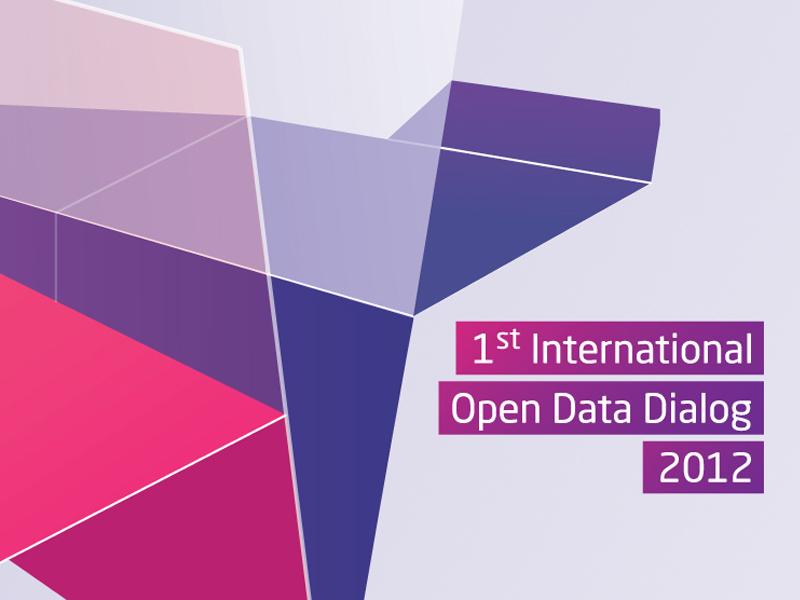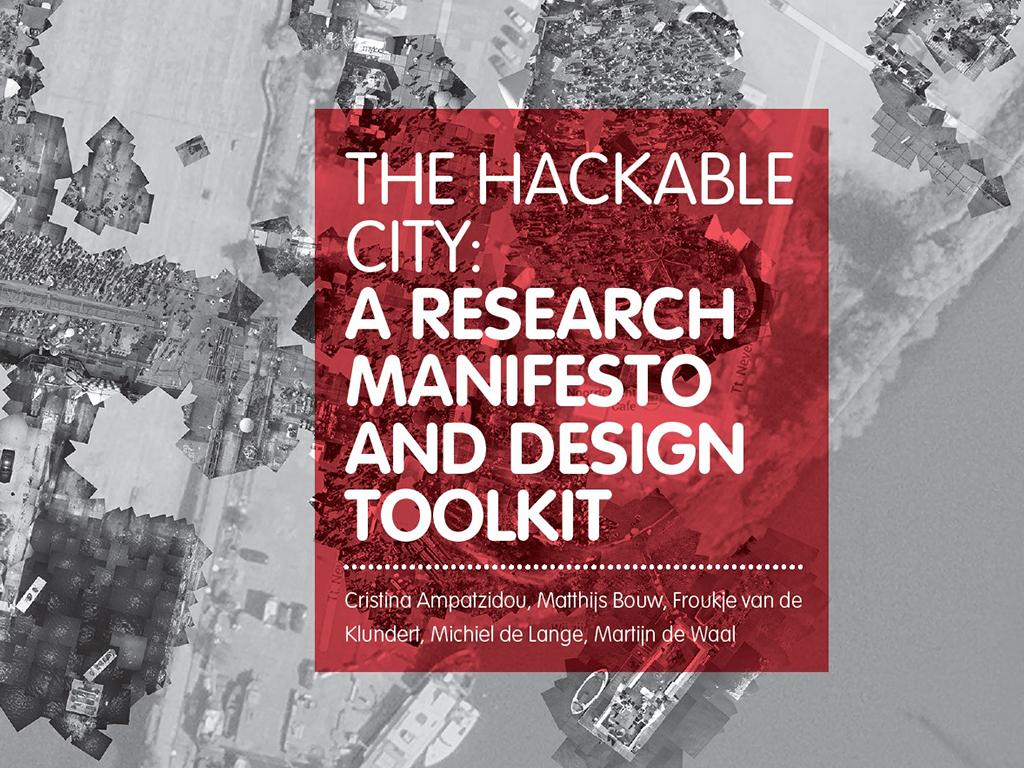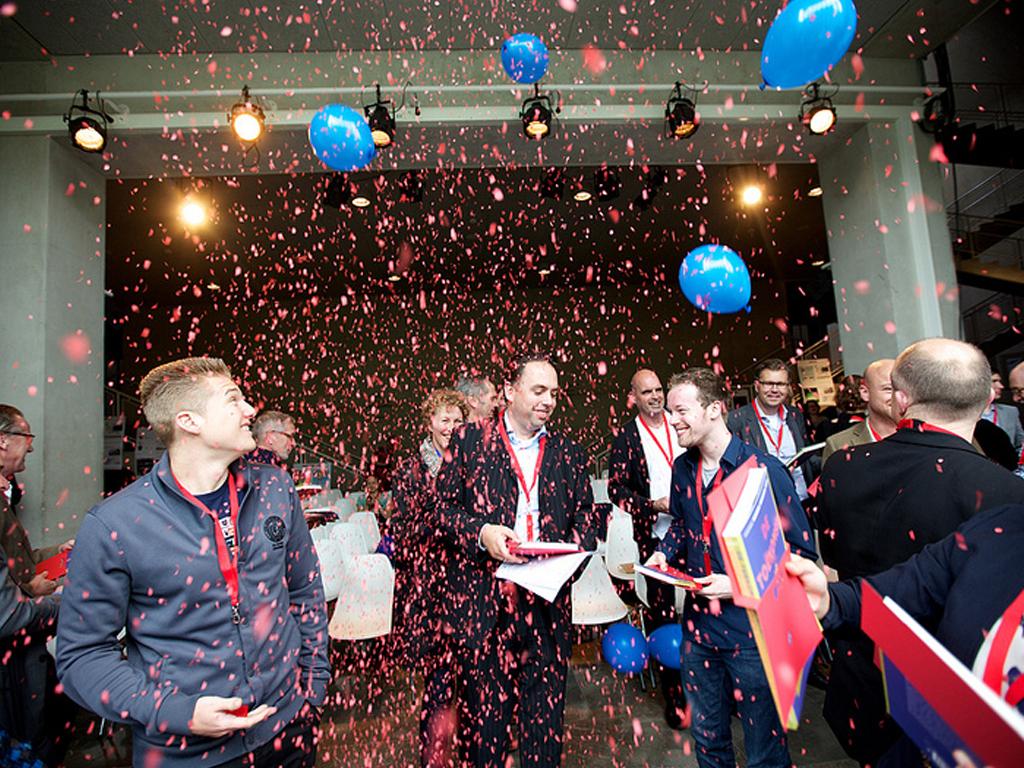In the past week, the first Open Data Dialogue took place, organized by our partner in the Open Cities and Commons4EU projects, Fraunhofer-Focus. After they developed a German Open Data portal, they asked the international open data community to discuss innovative business models based on open data and the added value of new services.
As speaker in the Open Government track, I showed from Apps for Amsterdam and Code4EU how the government, citizens and coders can work together at solutions for the city. It is important for the government to realize that is impossible to create these collaborations 'top down'. An open attitude is required, in which both collectives and individuals in the city can contribute. Apps for Amsterdam is in this respect more than just a contest. It is a platform that enables people to stand for their issues that they want to solve. And a place to meet others that share the same passion.
Apps for Amsterdam has the task to make open data tangible within the city. This is no longer just about technology, data or apps. This concerns the problems that live within city departments or in the neighbourhoods. And the solutions that the 'community' possibly can bring. During the Innovation Festival organized by the City of Amsterdam at the beginning of November, more than 20 people from different branches of the local governments have presented their issues at the Code4EU project. They have the hope that one of the soon to be appointed fellows can help them with their problems. These vary from helping bicyclists to find greener city routes, finding information on parks in and around the city or giving access to the impaired to common services like postal boxes or parking spaces. Enough issues that seek smart solutions from committed and motivated citizens and coders.
It seems clear that Amsterdam fares well in the development of open data and innovative services. But it still surprises me that Amsterdam and The Netherlands are well behind in some areas. A country like Slovenia, that hardly opened any data yet, does have extended information available regarding the tenders and public expenses in all levels of the government. Peter Hanečák, of the local open data movement, showed their prize winning application called Znasich Dani during the Open Government track, that offers this information on a very detailed level.
In short, we have come from far but there still remains a long road ahead of us. For 2013, I hope to see a clear shift towards the release of open data that gives citizens a real insight in the government and that we can work on the solutions for problems that many citizens daily have to cope with in their cities (and not just the apps:) ).


